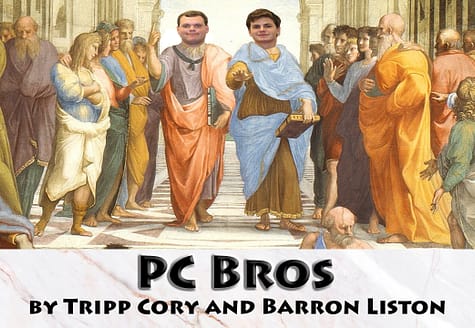House Bill 1523: Times are changing in Mississippi
Have you ever wondered why many people consider Mississippi to be backwards and prejudiced? If so, House Bill 1523, the “Protecting Freedom of Conscience from Government Discrimination Act”, has you covered.
Our nation has not historically had the most progressive policies, but in recent years it has been making strides to improve, a notable improvement coming with the Supreme Court ruling allowing for same-sex marriage in all 50 states. However, the Mississippi legislature had something to say about this ruling, and passed MS House Bill 1523, which allows for discrimination against LGBT people based on religious beliefs. The bill allows not only those involved in the wedding business to deny services to homosexuals, but also other businesses to refuse service based on a religious objection to their lifestyle. The bill is harmful to the people, economy, and reputation of our state. Sensible Christians should be offended by this bill because it uses Christianity as an excuse to continue mistreating the LGBT community of Mississippi. At its core House Bill 1523 is nothing but an attack on the LGBT community.
House Bill 1523 enables hatred and discrimination under the guise of religious freedom. It allows for religion based discrimination in workplaces, schools, and services-ranging from cake shops to doctor’s offices. We understand if you are in the wedding industry and you do not wish to serve LGBT customers (as long as you do so in a respectable manner); however, it is absurd that non-wedding related industries are given the power to discriminate against LGBT customers. Even so, denying service to a person based on their lifestyle and what they believe is only harmful to the business or person who chooses to deny the service, as the customers can always take their money elsewhere.
The constitutionality of the bill is also being debated by the nation’s court system. The establishment clause of the Constitution states that “Congress shall make no law respecting an establishment of religion, or prohibiting the free exercise thereof”, causing questions about this bill’s constitutionality because despite not mentioning the Christian religion, it still explicitly favors Christianity. After it was the passed, the bill was declared unconstitutional by a federal judge, but it survived because the plaintiffs did not have the standing to challenge it since it had not gone into effect yet. The bill went into effect early October – sparking the original plaintiffs to retry their case with the Supreme Court. The bill was not reversed by the 5th Circuit Court of Appeals, and as a result the debate will go on into the future. While this bill is unfortunately now a law, we know that laws like these will eventually be swept away by the winds of change and can only hope that they come soon.
Note: All opinion pieces represent the opinions of the author(s) and only the author(s). For more information on our editorial policy, contact us at [email protected].











